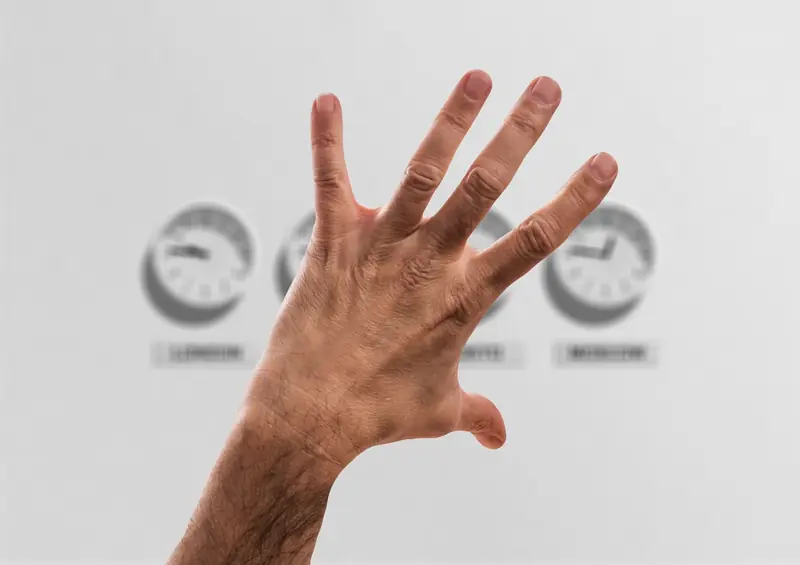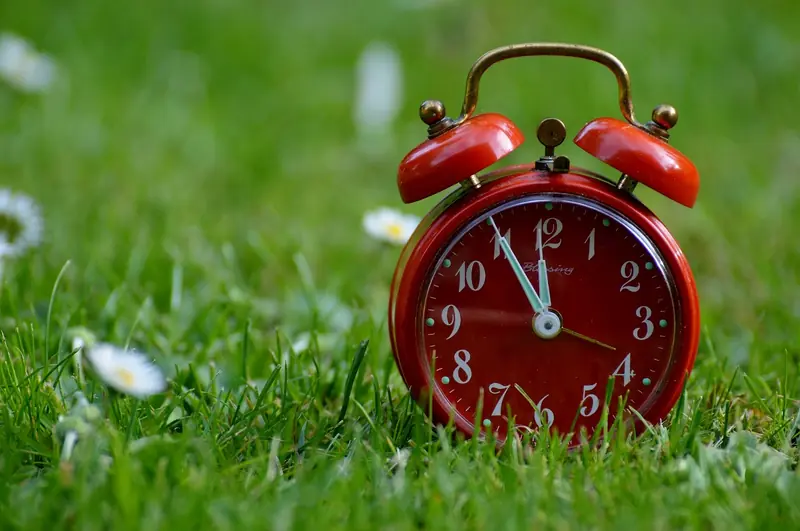
On the night from Saturday to Sunday (March 29 to 30), residents of around 60 countries worldwide will set their clocks forward by one hour. The shift to daylight saving time is believed to primarily help conserve energy resources.
This practice was first adopted by the citizens of Germany and Austria-Hungary back in 1916. Soon after, other European countries joined in. The transition to daylight saving time was introduced to enhance productivity by maximizing the use of daylight during the summer months.
For decades, scientists around the globe have debated the benefits of this practice. In fact, many leading researchers argue that the drawbacks outweigh the advantages. They are calling for an end to the clock change, citing links to increased cancer rates, as well as a rise in traffic accidents and suicides.
“The switch to daylight saving time is just around the corner, bringing with it disruptions to our sleep and other circadian rhythms due to the need to wake up an hour earlier for the next seven months,” noted Dr. Eva Winnebeck, a chronobiology lecturer, and Dr. Vicki Revell, an associate professor of sleep translational physiology at the University of Surrey (UK).
“While many believe that longer evenings are a benefit, scientific data strongly recommends sticking to standard time year-round. This is not just a matter of preference; it’s a crucial decision that will benefit our sleep and circadian health,” they added.
Finn Berridge, a science communicator at the Royal Observatory in Greenwich, disagrees with the researchers, arguing that moving the clock forward “reduces the strain on the energy system, as the need for artificial lighting decreases in spring and summer.”

But why do many researchers consider this practice misguided?
Recently, the British Sleep Society issued a statement highlighting the concerning side effects of changing the clocks. Experts warned that losing an hour of sleep could leave people feeling more fatigued.
Some studies have shown that after the spring transition to daylight saving time, the risk of fatal traffic accidents increases by about 6 percent. Researchers also have confirmed data indicating a heightened risk of cardiovascular diseases, suicidal behavior, and mortality associated with the clock change.
Meanwhile, our bodies rely on bright morning sunlight to keep our biological clocks in sync with the normal daily solar cycle. Some scientists assert that the mismatch between sunlight and our bodies can have serious long-term health consequences, as reported by the Daily Mail.
Research has indicated that people living on the western edge of time zones, where the discrepancy between solar time and biological clocks is greatest, face a higher risk of leukemia, stomach, lung, and breast cancers. Since this mismatch closely resembles what occurs during the transition to daylight saving time, researchers warn that it may have similar effects.
The British Sleep Society believes that nighttime rest is crucial for health and well-being, and forced changes negatively impact our ability to regulate sleep.
“The switch to daylight saving time alters our daily schedules, pushing them forward by one hour, while the duration of daylight remains unchanged. This transition forces all of us to wake up and head to work or school an hour earlier. In seasons with fewer daylight hours, this means most of us have to get up and commute in the dark,” Dr. Winnebeck pointed out.
Professor Malcolm von Schantz from Northumbria University (UK), who also considers the switch to daylight saving time a misguided idea, stated: “In the morning, our biological clocks need light the most for synchronization. We don’t have a surplus of daylight to save during the winter months. And when choosing between natural light in the morning and natural light during the day, scientific data favors morning lighting.”
